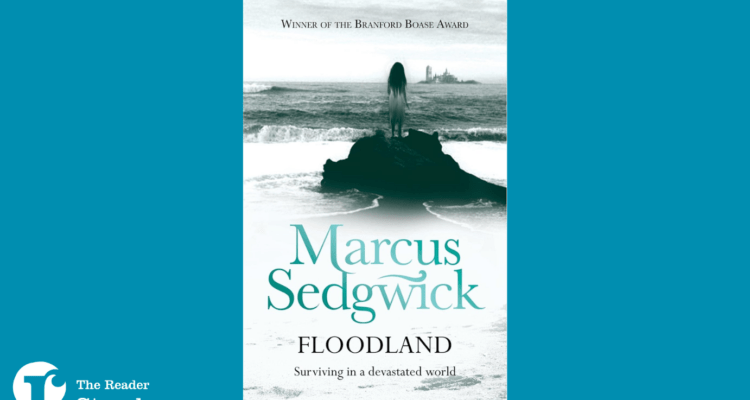From The Reader Bookshelf… Things Fall Apart by Chinua Achebe
As part of our ongoing work around The Reader Bookshelf, we've asked staff to share their thoughts about some of the inspirational texts in the collection.
This week, Jamie Barton, our Business and Content Manager at The Reader, explores Things Fall Apart by Chinua Achebe.

Words by Jamie Barton
Things Fall Apart is the story of Okonkwo, a highly respected warrior of the Igbo tribe during the time when white European missionaries began appearing in Nigeria. Okonkwo’s lifelong struggle to escape the shame of his weak, cowardly father comes to a head when his family and community, most painfully his first-born son, begin to abandon their traditions and beliefs in favour of the “the white man’s god”.
We meet three generations of men in this book, and each seem to reject the former: Okonkwo disowns his father, Unoka, and then finds that his own son is repelled by the very traits Okonkwo has adopted to separate himself from Unoka. There are a few lines were Okonkwo is reflecting on his own reputation as the ‘Roaring Flame,’ compared to his son’s submission to the white man’s faith, “…immediately Okonkwo’s eyes were opening and he saw the whole matter clearly. Living fire begets cold, impotent ash.” In other words, Okonkwo believes his only weakness is the result of his greatest strength – and, an inevitability?
I found myself at this point (I won’t give details on how this conflict plays out) really hoping that Okonkwo would have a change of heart, show his son compassion and understanding. I got thinking about how often, we tend to double-down when aspects of our life choices are called into question. It can be too unbearable to consider that we’ve made a mistake because it might mean years wasted or opportunities lost forever - so looking for confirmation anywhere we can that tells us we’re on the right path, can be a necessary survival tool. In his eyes, Okonkwo simply can’t be at fault for his son’s apparent betrayal because the implications of that would be too difficult to cope with.
Early in the novel, Okonkwo is described as “Not a cruel man … but his whole life was dominated by fear, the fear of failure and weakness.” It’s quite difficult not to feel deeply sympathetic when he has been shaped by such an unattainable standard, despite the poor treatment shown to his family. As readers, we are looking for someone or something to blame, but of course, it’s never as simple as that.
There’s tragedy here, but the novel also speaks of hope, endurance and seeing outside of your own struggle. As one of his kinsmen asks Okonkwo, when he becomes exasperated with his self-pity: “For whom is it well, for whom is it well? There is no one for whom it is well”. A bleak outlook in one sense maybe, and when I first read these lines I interpreted it as ‘well, everyone has problems and therefore yours don’t matter’, but another interpretation is that: you don’t need to diminish your own problems completely but by seeing them in the grand scheme, you might find what you need to help yourself and others. This is, to me, reassurance.
Share
Related Articles

April’s Monthly Stories and Poems
The clocks have not long changed to herald the longer hours of daylight, making us consider the passage of time…

The Storybarn Selects… From The Reader Bookshelf
Our last deep dive into the 2023/24 Children and Young People's Reader Bookshelf is a review of Floodland by Marcus Sedgwick…

March’s Stories and Poems
March’s stories, extracts and poems have been chosen on the theme ‘Moving on’, which perhaps feels especially relevant as we…


